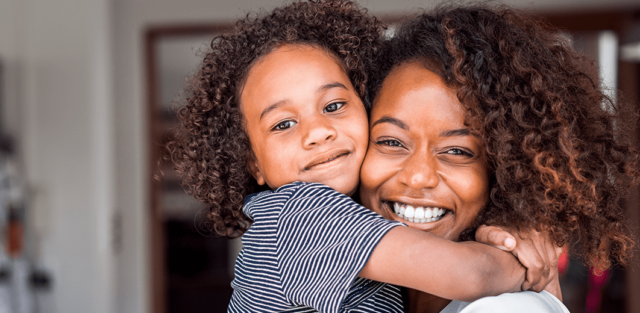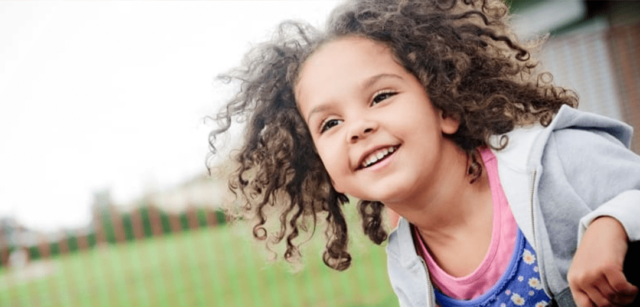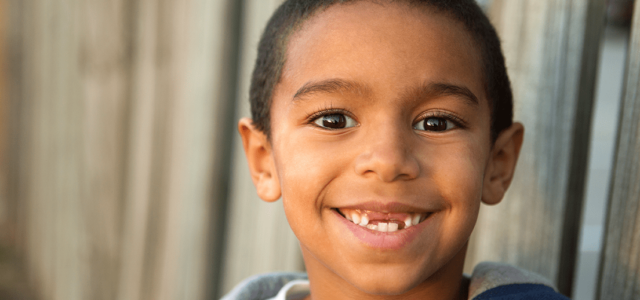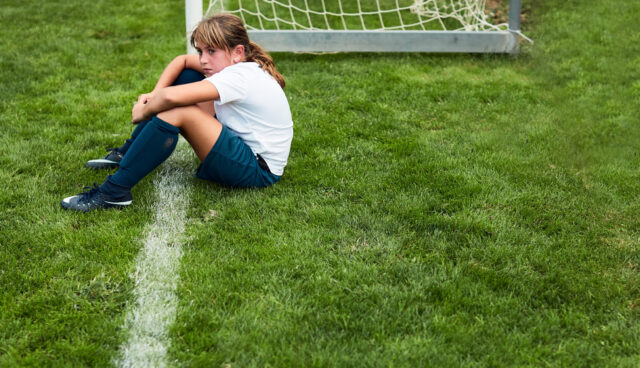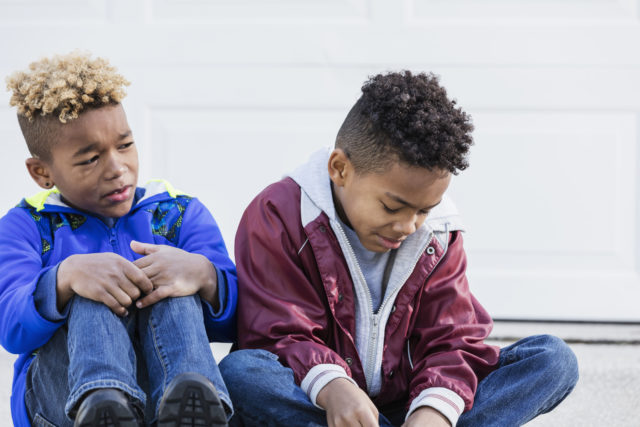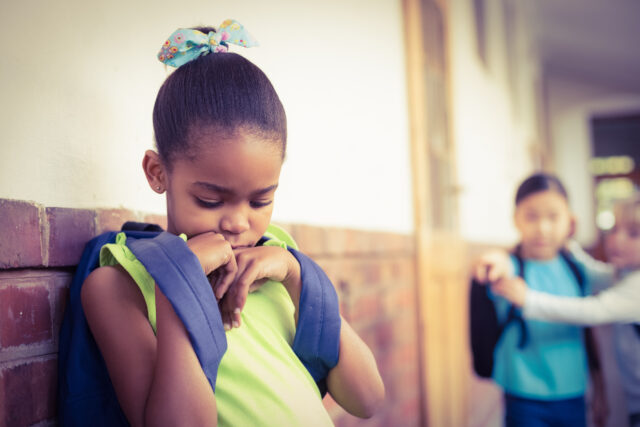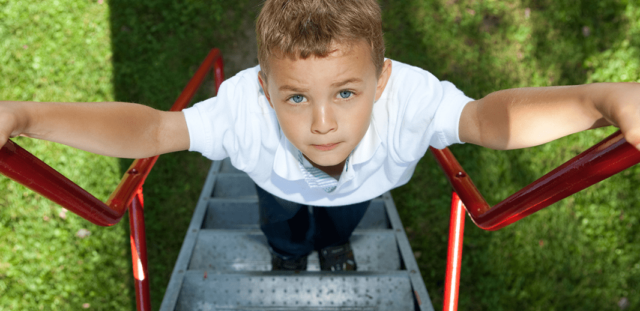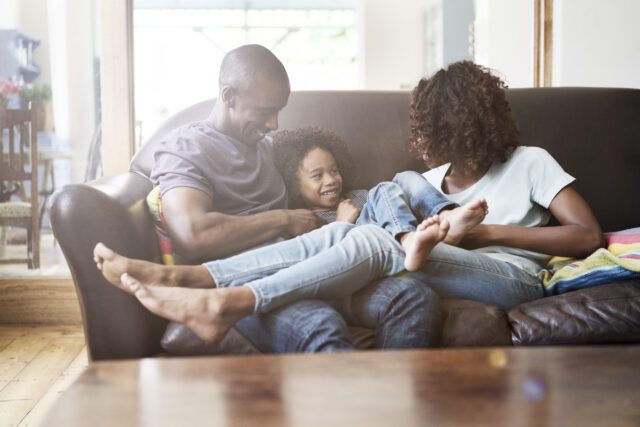TOPICS
Confidence & Self-Esteem
Learn about how to help kids develop healthy self-esteem and confidence.

About Confidence & Self-Esteem
Confidence and positive self-image are about more than knowing that you’re good at math or liking the way you look. They depend on being able to bounce back from setbacks and being willing to try new things and fail. Skills for coping with difficult things give kids confidence they can handle what comes their way.
Kids are bombarded with messaging —especially from social media — that undermines their confidence. And kids with learning differences or mental health disorders often have lower self-esteem than their peers. But parents can help by supporting kids’ efforts and guiding them in acquiring skills that are the foundation for confidence.
Supporting Confidence
Though it may seem like kids are more influenced by peers and social media, the influence of their family plays a huge role. See our resources on how parents can help kids build confidence, resilience, and positive self-image.
Girls and Self-Confidence
From a young age, girls are bombarded with media and other cultural messaging that can chip away at their self-image. But with the right support, they can grow up to be strong, confident women.
Boys and Self-Confidence
Girls aren’t the only ones who struggle with self-esteem. Here’s what to know about how boys are impacted by poor self-image and confidence.
Self-Confidence Skill-building
A big part of building and maintaining confidence is learning to bounce back from uncomfortable experiences like rejection, failure, and embarrassment. Here’s how parents can help their kids develop these skills.
Ask an Expert
"My teenage son is in no hurry to be independent.
What should we do?"
Self-Esteem and Social Media
Social media isn’t all bad, but it’s important to be aware of the ways that it can negatively impact kids’ self-esteem.
Learning Disorders and Self-Esteem
Research shows that kids with learning disorders are more prone to anxiety and depression, in part because their self-esteem and confidence are at risk. In addition to academic support, kids with learning disabilities need emotional support to help them tackle negative self-talk.
All Confidence & Self-Esteem
Resources




